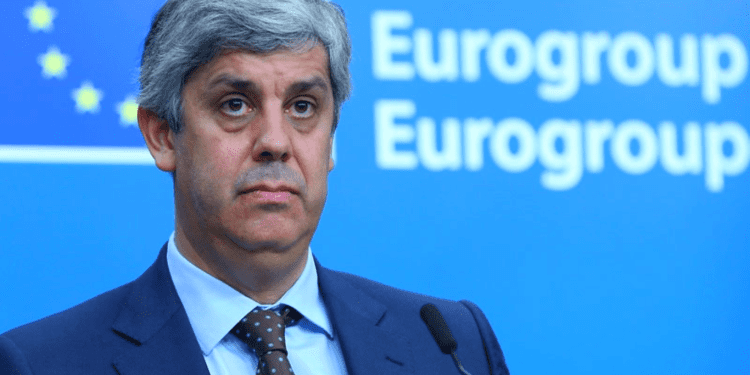- Mário Centeno, the governor of Banco de Portugal, emphasized the need for a global framework to regulate cryptocurrencies during the 2023 Banco de Portugal Financial Stability Conference.
- Centeno expressed doubts about the long-term viability of crypto assets and decentralized finance, citing their volatility and past collapses.
- He praised the European Union’s MiCA regulations but stressed the importance of international collaboration to ensure consistent crypto regulations globally.
Mário Centeno, governor of the Banco de Portugal, has urged international cooperation to create a worldwide framework for crypto regulation.
According to him, due to the nature of digital assets, national efforts alone cannot protect investors since it might lead to regulatory arbitrage, providing loopholes for bad actors to exploit.
While speaking at the 2023 Banco de Portugal Financial Stability Conference on Tuesday, Centeno applauded the Markets in Crypto Asset (MiCA) laws while criticizing specific crypto goods following recent market crashes that resulted in billions of dollars in losses.
He commended MiCA’s rigorous regulatory framework and how countries are pressing for domestic compliance based on legal provisions.
As a supporter of collaborative efforts, he advocated for the principle of “same risk, same regulation,” citing the market’s infancy.
“Today’s financial landscape is evolving increasingly rapidly, driven by continuous innovation, greater reliance on digital platforms, and the emergence of mixed-activity groups. It would be short-sighted to believe that regulating and supervising these global risks and international players at the national level will suffice.”
He noted that authorities would have to strike a balance between effective regulations and impeding market innovation.
Other regulators have also called for a worldwide framework in which authorities might collaborate to unify regulations worldwide.
For instance, earlier this year, the Indian Prime Minister asked G20 leaders to adopt a framework consistent with International Monetary Fund (IMF) and Financial Stability Board (FSB) recommendations.
Some Cryptocurrencies are “Unsustainable”
Aside from advocating for worldwide rules, the Central Bank’s CEO stated that while crypto assets have certain benefits, such as reduced costs and cross-border reach, the larger market is somewhat concerning.
He also stated that while most assets reached all-time highs during the COVID-19 epidemic, digital assets have proven unsustainable due to dropping prices and project implosions in recent years.
Notable examples include the Terra network implosions and the infamous FTX disaster, which wiped billions off the market and resulted in global bottleneck rules.
“Crypto-assets and Decentralised Finance, or DeFi, exemplify this risk. While proponents of crypto and DeFi talk about the democratization of finance, it is not clear whether it will materialize, especially given the highly technical nature of this space,” he noted.
Finally, he also stated that while it is unclear whether digital assets are here to stay, European regulators have not been silent in building the ideal synergy between traditional finance and Decentralized Finance.














